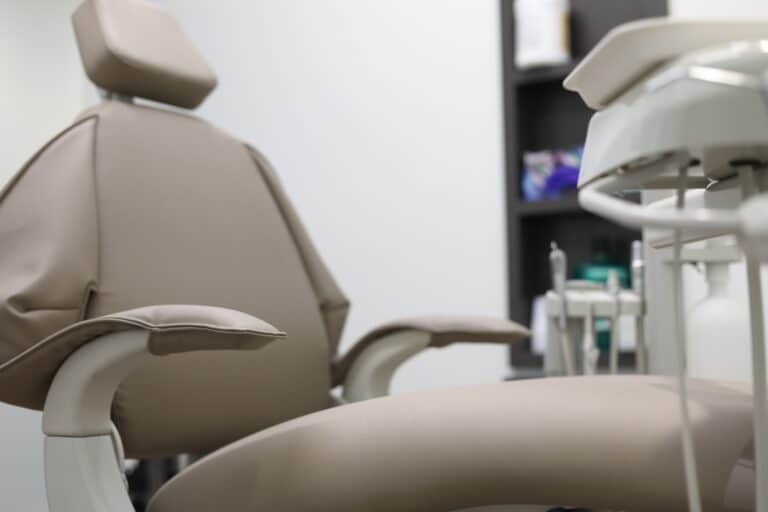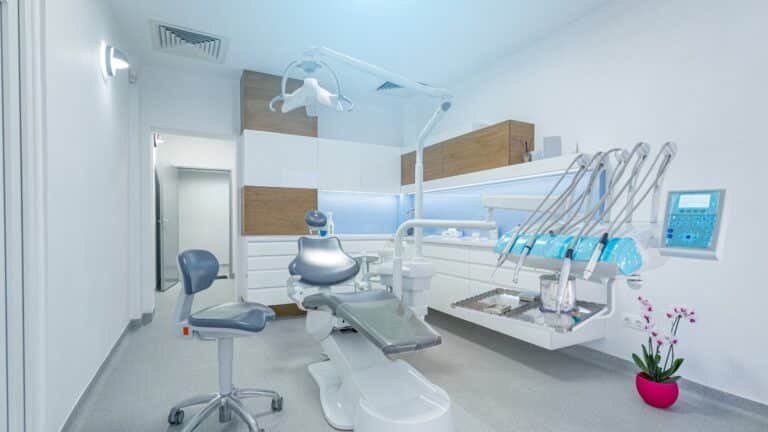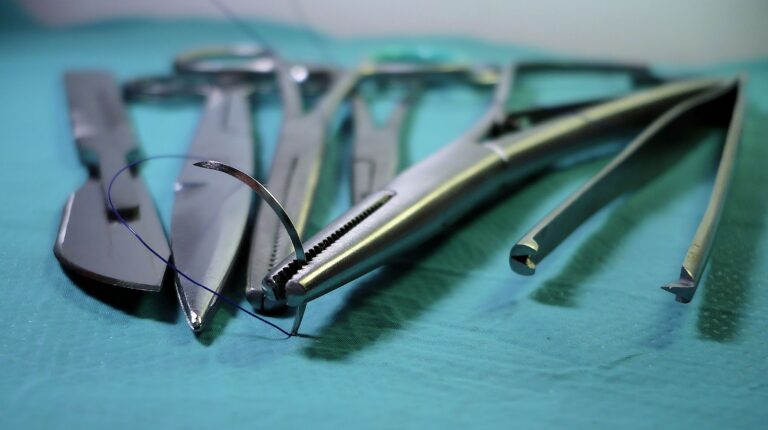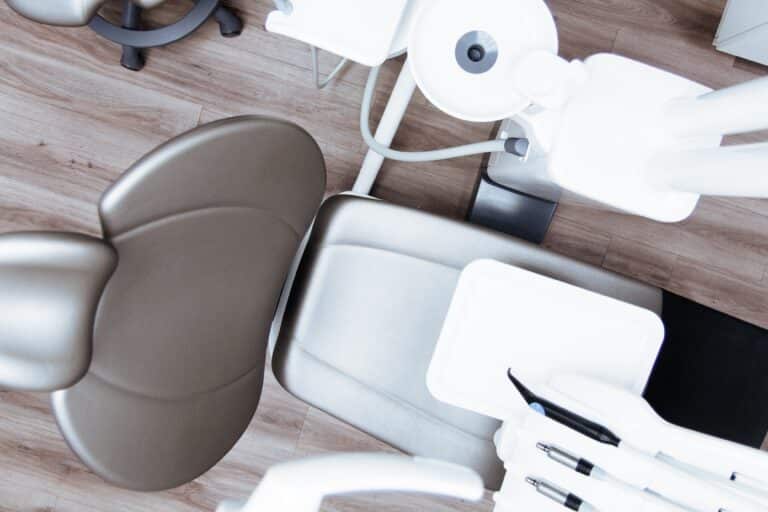Symptoms of Warts
Raised, rough skin growths
Warts often appear as rough, raised bumps on the skin, varying in shape and size.
Small black dots
These are tiny blood vessels that have clotted, often visible within the wart as small black spots.
Discomfort or tenderness
Warts can cause discomfort or tenderness, especially if they form on pressure points like the soles of the feet (plantar warts).
Clusters of warts
Some warts, such as mosaic warts, may develop in clusters, especially on the hands or feet.
What are Warts?
Warts are benign skin growths caused by the human papillomavirus (HPV). They can appear anywhere on the body but are most common on the hands, feet, and face. Warts can vary in appearance and size, and although they are usually harmless, they can be unsightly, uncomfortable, or contagious. Professional treatment can effectively remove warts and prevent them from spreading.
Enquire Now About Wart Removal
Causes of Warts
Several factors can contribute to the formation of warts:
- Human papillomavirus (HPV) – Warts are caused by different strains of HPV, which can be transmitted through direct skin contact or contact with contaminated surfaces.
- Minor skin injuries – Small cuts or scratches can provide a way for the virus to enter the skin, leading to wart development.
- Weakened immune system – Individuals with weakened immune systems may be more prone to developing warts.
- Moist environments – Warts, particularly plantar warts, thrive in warm, moist environments such as communal showers or swimming pool areas.




Our Wart Removal Service
At Hoveton Clinic, we offer professional wart removal services, performed by experienced specialists. If home treatments haven’t resolved your warts, our removal options provide a safe, effective solution to eliminate warts and improve the appearance of your skin.
Wart Removal Procedure
We offer minor surgical excision as our primary method for removing warts:
Minor surgical excision – This procedure involves carefully removing the wart using a scalpel or surgical instrument under local anesthesia. It allows for the precise removal of the wart tissue, leaving the surrounding skin intact. The area is then dressed, and patients can typically return to their daily activities immediately after. This method is effective for removing individual warts and provides a quick recovery time.
Contact Us
To learn more about our services or to schedule an appointment, contact Surgicentre in Hoveton, Norwich today. Our friendly staff will be happy to assist you in finding the right treatment to restore your comfort and confidence.
Certain conditions may make wart removal unsuitable. Please inform us if you have:
- Recent skin treatments in the area – We may delay treatment if you’ve recently had other procedures on the affected area.
- Active skin infections – Infections must be treated before wart removal can proceed.
- Bleeding disorders – If you have any blood clotting issues, it’s important to inform us as it may affect treatment.
Additionally, let us know if you’re pregnant, as some treatments may be adjusted for expectant mothers.
What are warts?
Warts are non-cancerous skin growths caused by certain strains of the human papillomavirus (HPV). They can vary in size and texture, appearing most commonly on the hands, feet, or face. Although warts are generally harmless, they can be bothersome and may spread to other parts of the body.
What are the common symptoms of warts?
Warts often present as rough, raised bumps on the skin. They can be flesh-colored, white, pink, or brown and may have a rough texture. Some warts have small black dots, which are clotted blood vessels, visible within them. Plantar warts, found on the soles of the feet, can cause discomfort when walking.
When should I seek treatment for a wart?
It is advisable to seek treatment if a wart becomes painful, changes in appearance, spreads to other areas, or does not respond to over-the-counter treatments. Professional treatment can prevent further spread and provide relief from discomfort.
What treatments are available for wart removal?
We offer minor surgical excision, a straightforward method that involves carefully removing the wart with a surgical instrument under local anesthesia. This method ensures precise removal, offering effective results for various types of warts.
Is wart removal painful?
Wart removal through minor surgical excision is performed under local anesthesia, which minimizes any discomfort during the procedure. After the procedure, you may experience mild tenderness at the treatment site, which typically resolves quickly.
How long does it take to recover from wart removal?
After the procedure, most patients experience minimal downtime and can resume their normal activities almost immediately. The treated area may be sensitive for a few days, but the recovery process is generally smooth, with the dressing protecting the area.
Can warts return after treatment?
While minor surgical excision is effective in removing existing warts, new warts may appear if the HPV virus remains in the skin. Maintaining good hygiene and avoiding contact with warts can help reduce the risk of recurrence.
Are there any risks associated with wart removal?
Minor surgical excision is a safe procedure, but as with any treatment, there may be some risks such as minor scarring or temporary redness at the site. Our specialists will discuss potential risks with you and provide guidance on how to care for the area after treatment.
Can I have wart removal if I’m pregnant?
Yes, wart removal can be performed during pregnancy if necessary. We take extra precautions to ensure the safety of both mother and baby. It’s important to inform us if you are pregnant so we can adjust the procedure accordingly.
How can I prevent warts from developing again?
To reduce the risk of developing new warts, avoid direct contact with warts on other people, keep your skin clean and dry, and avoid walking barefoot in communal showers or pool areas. Regularly check your skin for any new growths, and seek early treatment if they appear.
